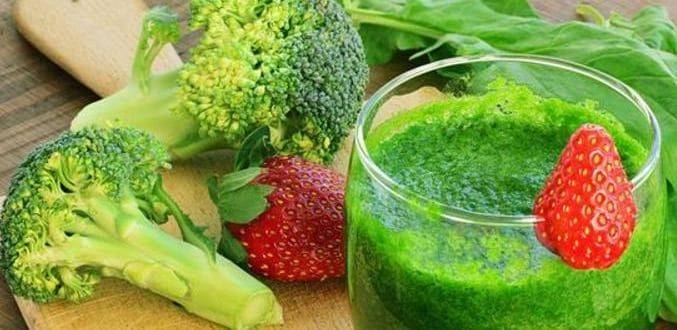
Collagen is a very important protein for our skin. How will we enhance its action?
There are many ways to enhance the action of collagen, that protein that takes care of the elasticity and youthfulness of our skin—among other things. But there are also many myths. As we age, our body produces less collagen, and we begin to notice signs of aging. So let's separate fantasy from reality, to see how we can get better skin than ever.
Hyaluronic Acid
The Hyaluronic Acid is a component of collagen. We find it in foods rich in amino acids, such as beans, roots and soy. By adding these foods to our daily routine, we will see differences, while we can also take it as a supplement.
Vitamin C
Perhaps the most well-known vitamin, we all know its benefits, and how important it is to get adequate amounts every day. Vitamin C, however, also plays an important role in skin protection. To increase your daily vitamin C levels, start eating more citrus fruits, strawberries and broccoli.
Aloe Vera
Creams and gels from aloe vera are often used to soothe sunburned skin, but some aloe supplements appear to boost collagen production.
Ginseng
Ginseng has been used for centuries in traditional medicineIt has anti-inflammatory and antioxidant properties, and we find it in tea or supplement form.
Antioxidants
Antioxidants are substances that we get from our diet and fight the action of free radicals. Not all antioxidants help boost collagen production, but all help the collagen already present in the body to work better than ever. Some of the best sources of antioxidants are blueberries, the green tea, pomegranate, cinnamon and many spices and herbs that we use in our food.
Retinol
Retinol is another antioxidant that is used to increase collagen levels in the skin, but at the same time it also increases the life of collagen by blocking the action of enzymes that destroy it.
How will we protect our skin from the environment?
Our skin cells are constantly being rebuilt, but environmental conditions can have very negative consequences. Pollution, dust and sun exposure cause damage to the skin. As our body replaces damaged skin cells, our collagen levels decrease further. It is important to clean our skin daily, but also to do peeling. We must always wear sunscreen, and to protect our face and eyes with hats and sunglasses.
Collagen Boosting Myths
A huge myth about collagen is that we can reap its benefits if we use it topically, so there are many products on the market that contain collagen. The collagen molecules, however, are too large to be absorbed by the skin. Another myth that is circulating is that we can use collagen supplements in our morning coffee, but this is wrong, as the caffeine has negative effects on the aging process.
Athro of Diakos Thodoris at http://www.iatronet.gr
